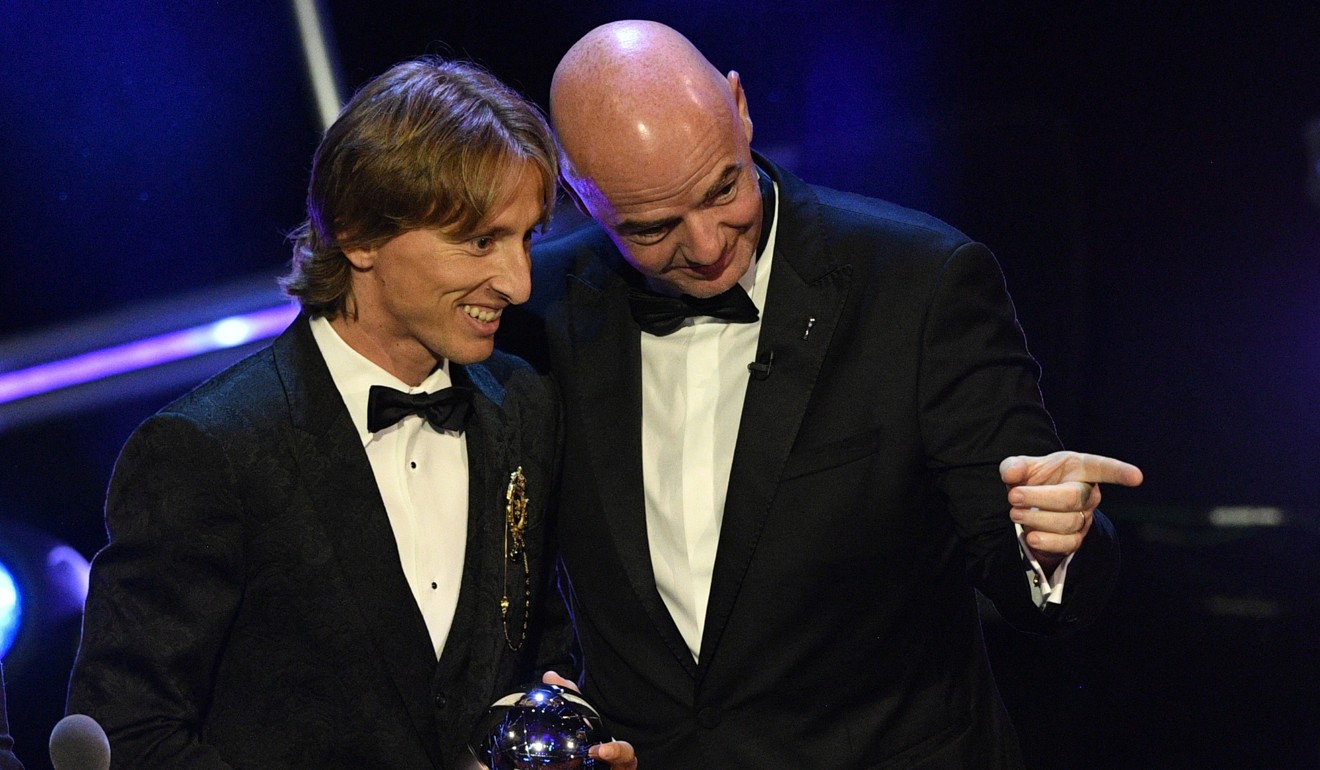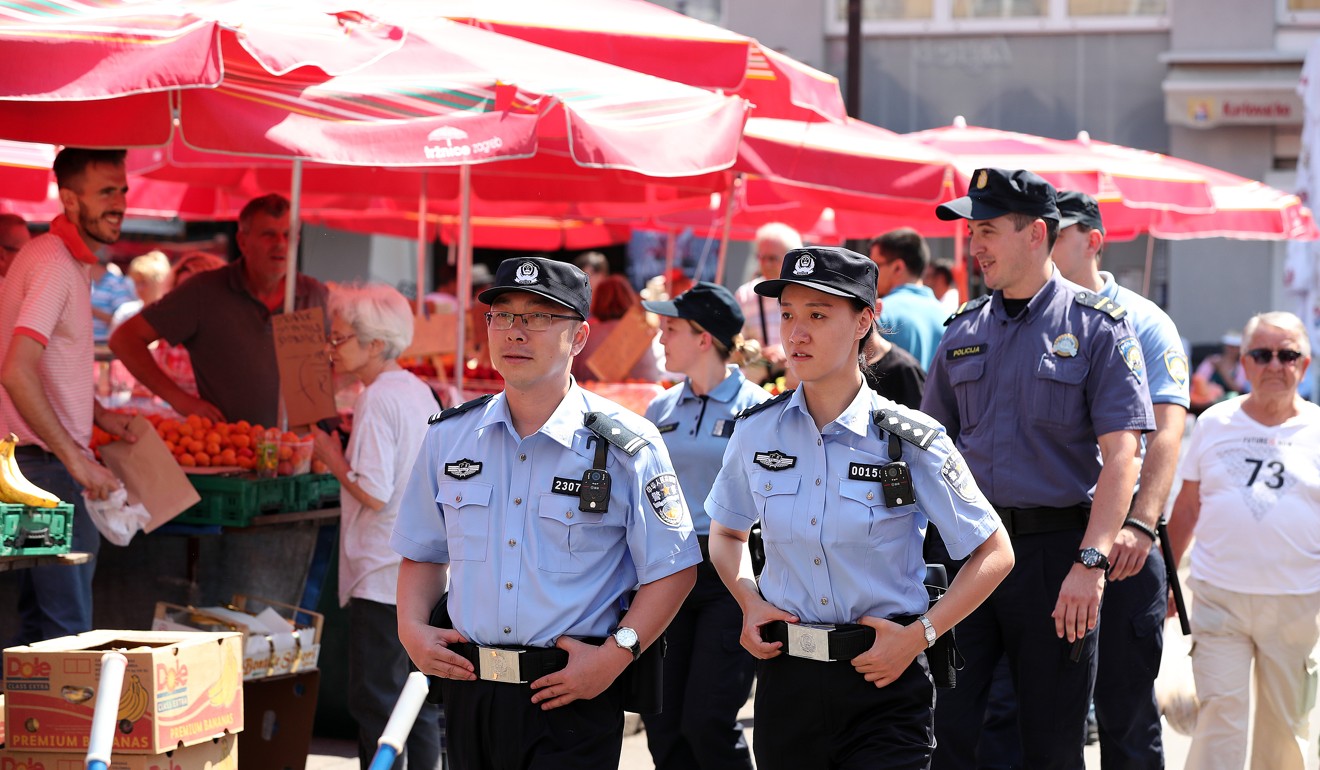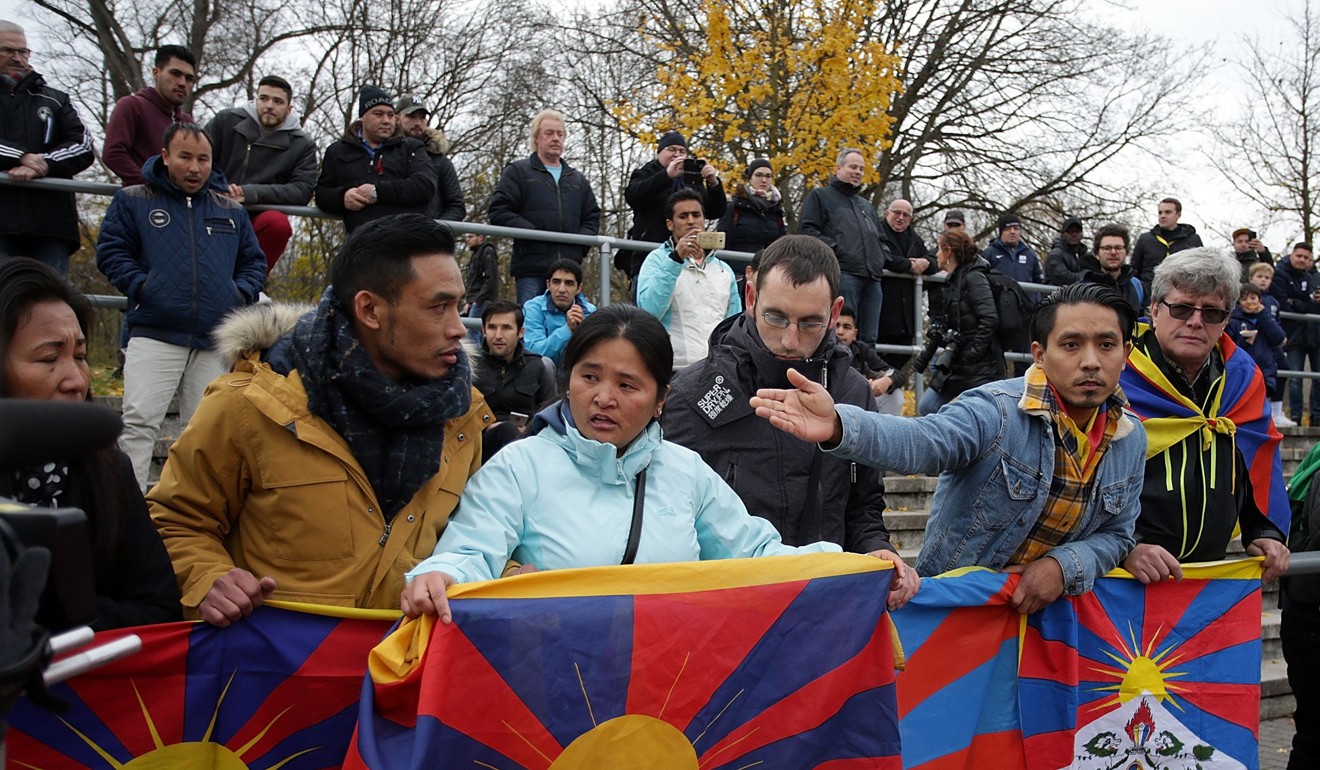
From a military camp to Croatia, China’s future stars are at the whim of scatterbrained thinking
- Chinese media reports under-25 team may play in Croatian lower league
- Partnership with Croatia federation follows 2016 agreement with German FA
Just when you thought Chinese football could not get any more bizarre than removing 55 players from their clubs midway through the season for a military training camp, it has.
Reports in Chinese media suggest these players will form a team to compete not in China as originally rumoured, but in the Croatian lower leagues.
There is a certain logic hidden in there somewhere, along the lines of “Croatia just finished runners-up in the World Cup so the Chinese players will improve playing there”.

But of the Croatia squad who came so close to glory in Russia, only two of the 23 played for Croatian clubs and one of them has since moved to an Italian side.
This is a second “golden generation”, the first being Croatian Football Federation president Davor Suker’s vintage that starred at Euro ’96 and France ’98.

This has coincided with other Chinese moves into Croatia, including the development of a new national stadium, the world’s first solar-powered national stadium, as part of a 100 billion yuan investment fund that will also include wine and film.
There has been a push in the past 12 months, 25 years after diplomatic ties were established, and bridges are being built – literally in the case of the Peljesac Bridge that will span the Adriatic to bypass Bosnia and connect Dubrovnik with the rest of mainland Croatia.

Before Croatia was the flavour of the month, it was Germany. A five-year agreement was signed between governments and the national football federations in 2016. Germany had won the World Cup in 2014, don’t forget.
There was also a memorandum of understanding with the French Football Federation, a three-year agreement that was guided by France’s hosting of Euro 2016, the World Cup and the Confederations Cup. That looks prescient after France beat Croatia to lift the World Cup.
Prior to that there was a 2012 cooperation agreement with the Ghanaian FA – the side had been the surprise package at the 2010 World Cup in South Africa where they reached the quarter-finals.
The German cooperation provided a publicity masterstroke for president Xi Jinping and chancellor Angela Merkel last summer as they watched an under-12s game between teams of Chinese and German children in Berlin but the relationship has soured since.

Part of that could be that Germany have struggled on the international stage, going out in the group stage of the World Cup and faltering in the Nations League.
More likely it is the fallout of the Chinese under-20 team’s ill-fated tour of Germany late last year.
The team were invited to compete in the fourth-tier regional league but it was doomed from the outset with opposition from fans and the other teams.
Oberhausen club president Hajo Sommers told German football website Reviersport: “The league turns into a circus so Bayern Munich can sell more jerseys in China.”
It became a circus when their first match was halted by Tibetan pro-independence protesters and the tour suspended.
Given China’s cosying up to Croatia, such opposition seems less likely if a Chinese team does join its leagues, but acceptance does not guarantee it will run smoothly.
China’s Olympic team played English side QPR in a friendly in 2007 as they prepared for the Beijing Olympics the following year.
The game was anything but friendly and was branded “the Great Brawl of China” in the British press after a melee that left one Chinese player with a suspected broken jaw, another unconscious and a QPR coach arrested.
“I’ve never seen anything like it in my life,” a witness told the Ealing Gazette in London. “There were punches, kung-fu kicks and all sorts. It was absolute mayhem.”
A Chinese team in the Croatian league would be absolute mayhem. While mutual exchange makes sense, sending a team thousands of kilometres away to compete in a league does not. The very idea of it makes Chinese football look stupid.

